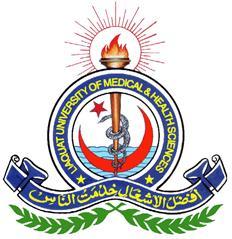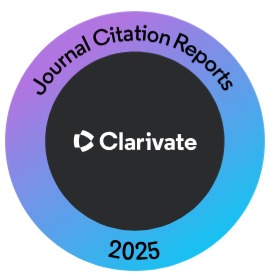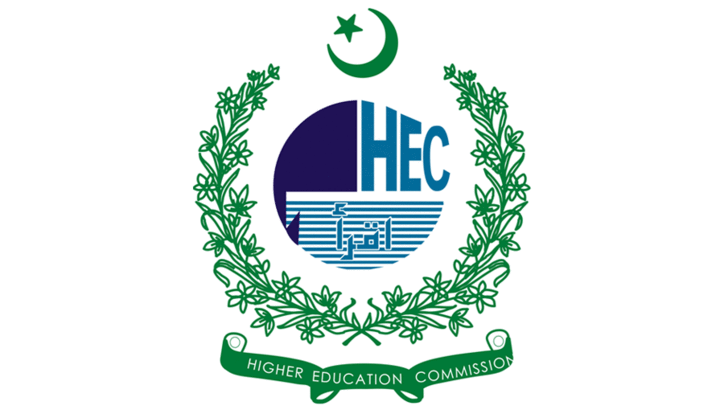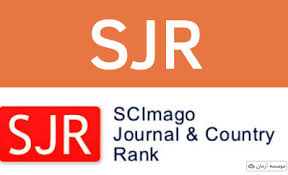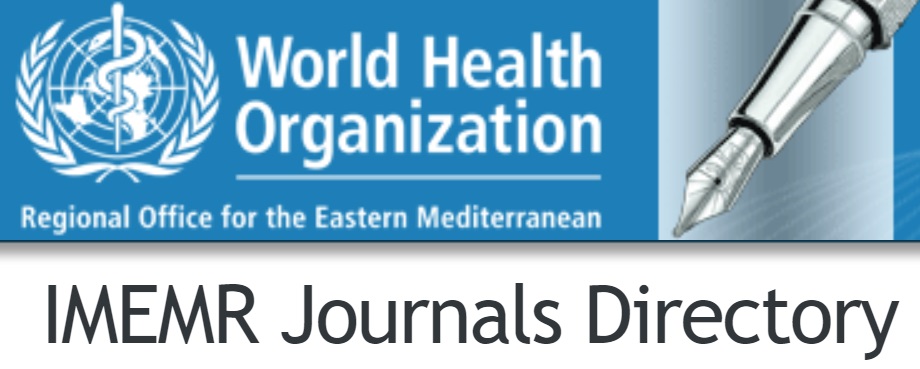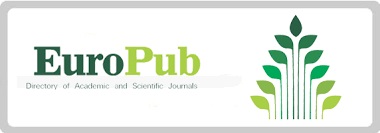Knowledge and Practice among Public Health Nurses in Disaster Response Phase
Abstract
A disaster can be delineated as an occurrence that threatens and disrupts people's lives and means of subsistence caused by natural, non-natural, and human factors, resulting in loss of life, environmental damage, loss of property, and psychological consequences. As a flexible profession that covers all conditions, nurses, particularly PHNs, are expected to be limited to providing care in the community and required to work in conditions of disaster emergency response. This literature review aims to identify the knowledge and perceived ability to practice of PHNs in the disaster emergency response phase. The study is based on a systematic review approach. The source of information for the present study derived from Internet-based literature, in the form of research results from online libraries at the local, national and international levels. Totally 43 references were used to establish this review study. The knowledge and perceived ability to practice PHNs in the disaster response phase will typically be identified in six viewpoints: warning, triage of disasters, saving and stabilizing lives, surveillance, risk communication, and technical skills. Therefore, handling situations among the alert and steady states is quite atypical; hence nurses must skillfully and technically deal with these conditions.
KEYWORDS: Nurses, Public Health Nurses, Disaster Management, Disaster Nursing, Response Phase
Downloads
Published
How to Cite
Issue
Section
License
Copyright (c) 2022 Journal of Liaquat University of Medical & Health Sciences

This work is licensed under a Creative Commons Attribution-NonCommercial-ShareAlike 4.0 International License.
Submission of a manuscript to the journal implies that all authors have read and agreed to the content of the undertaking form or the Terms and Conditions.
When an article is accepted for publication, the author(s) retain the copyright and are required to grant the publisher the right of first publication and other non-exclusive publishing rights to JLUMHS.
Articles published in the Journal of Liaquat University of Medical & health sciences are open access articles under a Creative Commons Attribution-Noncommercial - Share Alike 4.0 License. This license permits use, distribution and reproduction in any medium; provided the original work is properly cited and initial publication in this journal. This is in accordance with the BOAI definition of open access. In addition to that users are allowed to remix, tweak and build upon the work non-commercially as long as appropriate credit is given and the new creations are licensed under the identical terms. Or, in certain cases it can be stated that all articles and content there in are published under creative commons license unless stated otherwise.


